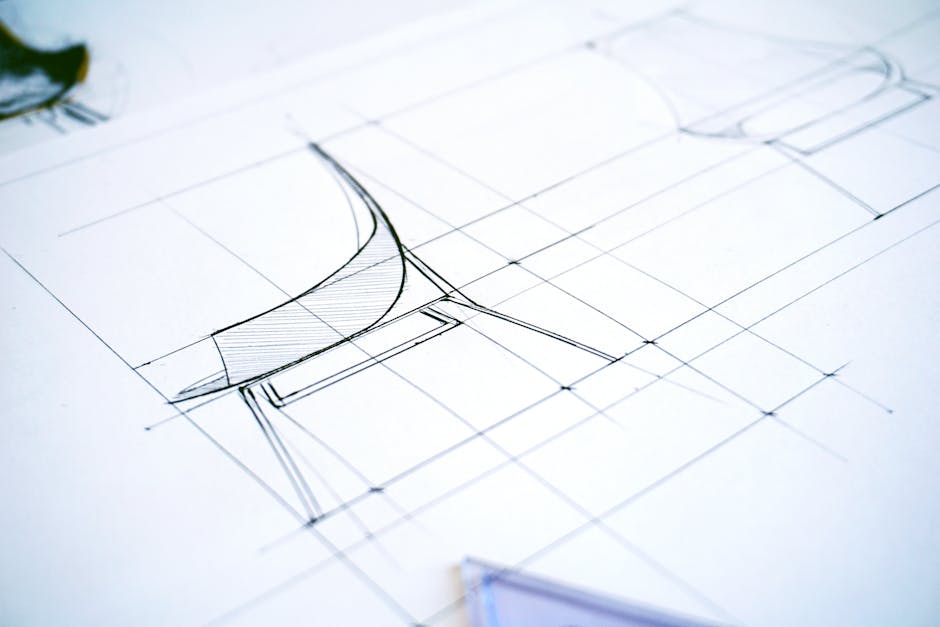- Get link
- X
- Other Apps
- Get link
- X
- Other Apps

In the competitive world of architecture, innovation and a global perspective are paramount. It is with great excitement that we celebrate a remarkable achievement: a Tokai University student has been honored with a prestigious Presentation Award at the Architectural Institute of Japan (AIJ) Globalization Human Resource Development Program. This recognition not only shines a spotlight on an individual's talent but also prompts a deeper look into the innovative educational approaches fostering such world-class architects.
The Significance of the AIJ Globalization Program
The Architectural Institute of Japan (AIJ) is a venerable institution, setting benchmarks for architectural excellence and academic rigor within Japan. Its Globalization Human Resource Development Program is specifically designed to cultivate architects who can thrive on the international stage. This program goes beyond traditional design principles, focusing on equipping students with the communication skills, cross-cultural understanding, and interdisciplinary knowledge essential for global collaboration.
Winning a Presentation Award within such a program is no small feat. It signifies an exceptional ability to articulate complex architectural concepts, present innovative solutions, and engage an audience with clarity and conviction. These are skills that transcend technical drafting; they are the bedrock of leadership in any creative field.
Tokai University's Secret to World-Class Architectural Education
So, what lies at the heart of Tokai University's success in nurturing such internationally recognized talent? While the specifics of every curriculum vary, the ethos of a globally-minded architectural education often revolves around several key pillars:
Integrating Global Perspectives and Local Contexts
True architectural genius lies in the ability to design structures that are both globally relevant and locally sensitive. This means understanding universal design principles while also appreciating diverse cultural nuances, environmental challenges, and societal needs across different regions. Programs like the AIJ’s emphasize this duality, and Tokai University's success suggests a curriculum that encourages students to think beyond national borders, exploring how design can address global issues like sustainability, urban resilience, and equitable living.
Fostering Critical Thinking and Creative Problem-Solving
Modern architecture is not merely about aesthetics; it's about solving complex problems. From optimizing energy efficiency to designing inclusive public spaces, architects are challenged to think critically and innovatively. A robust educational program empowers students to question existing paradigms, experiment with new materials and technologies, and develop solutions that are both functional and inspiring. The ability to present these solutions effectively, as demonstrated by the award, is a testament to strong analytical and creative development.
Emphasis on Communication and Collaboration
In a globalized world, architects rarely work in isolation. Collaboration with engineers, urban planners, policymakers, and diverse communities is essential. Excellent communication skills, both written and oral, are therefore indispensable. The Presentation Award highlights this crucial aspect. It shows that Tokai University is not only teaching students *what* to design but also *how* to communicate their vision, persuade stakeholders, and lead multidisciplinary teams—skills that are critical for making a real-world impact.
The Future is Bright for Global Design
This achievement by a Tokai University student is more than just an individual honor; it is a powerful indicator of the evolving landscape of architectural education in Japan. It underscores a commitment to producing graduates who are not just skilled designers but also articulate communicators, global thinkers, and future leaders capable of shaping our built environment on an international scale. As we look to the future, the innovative approaches championed by institutions like Tokai University will undoubtedly play a pivotal role in addressing the world's most pressing design challenges.
- Get link
- X
- Other Apps
Comments
Post a Comment